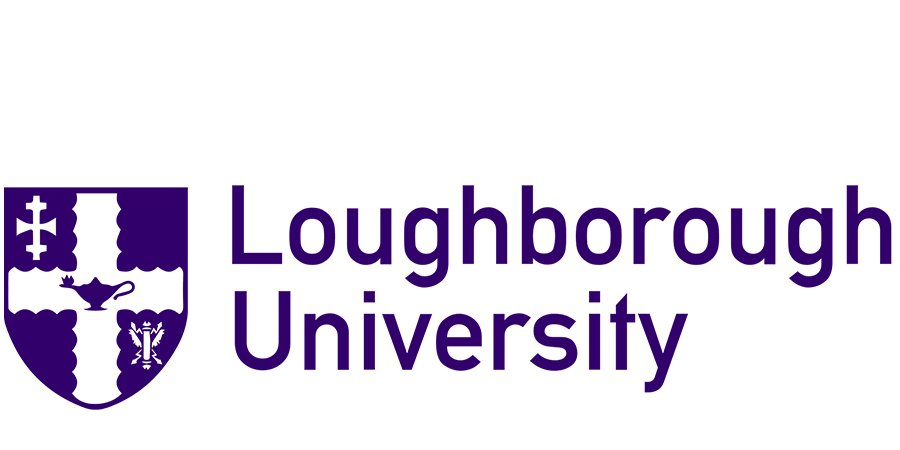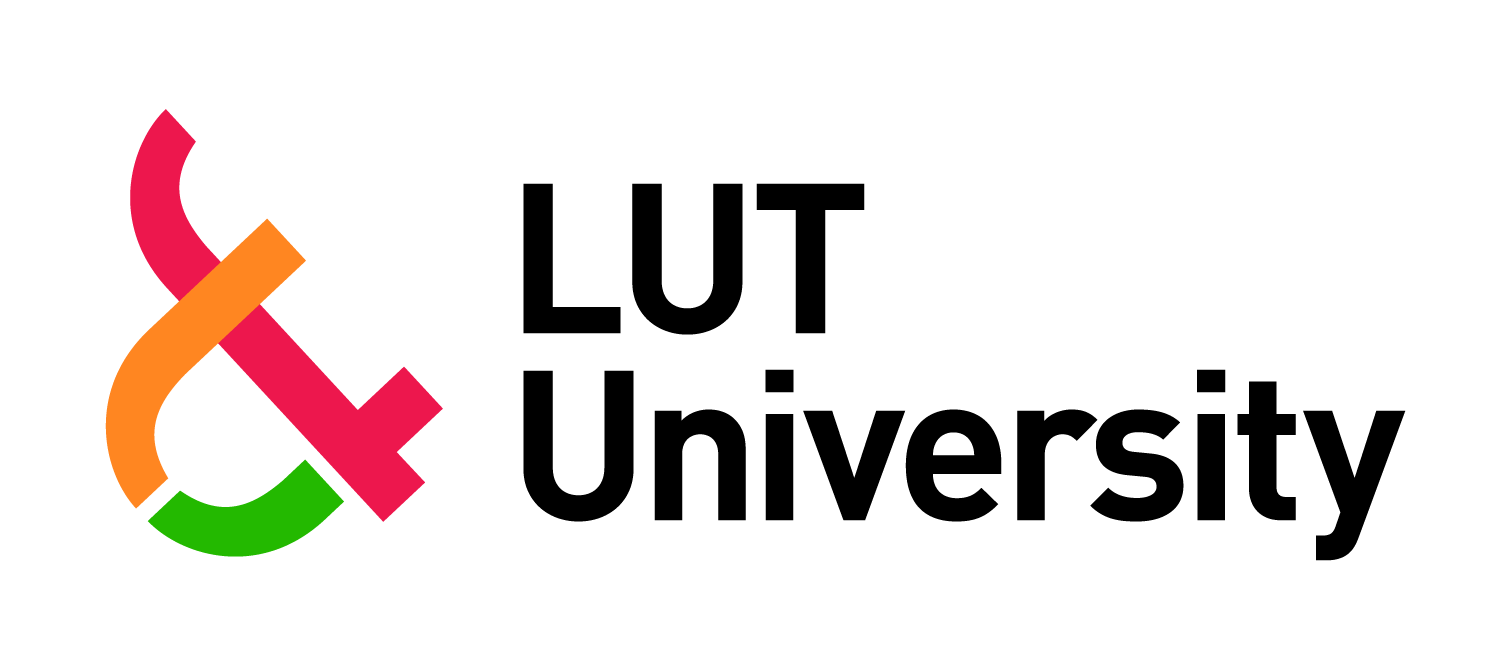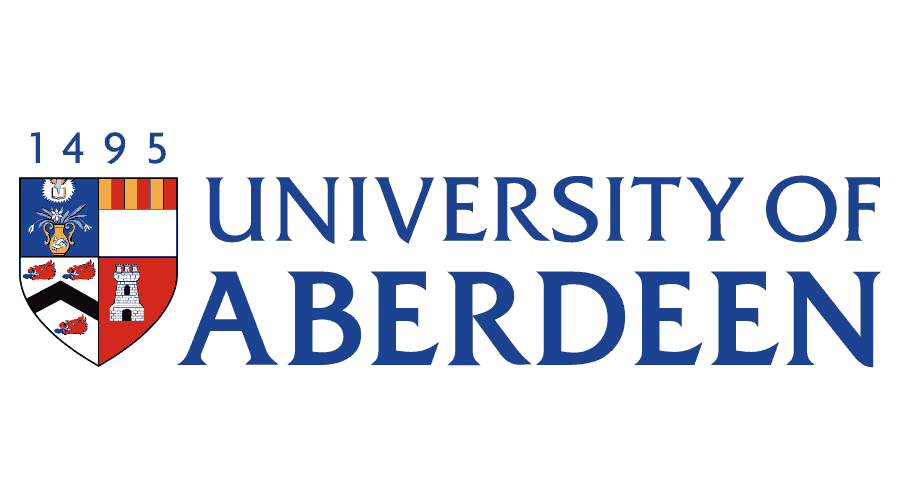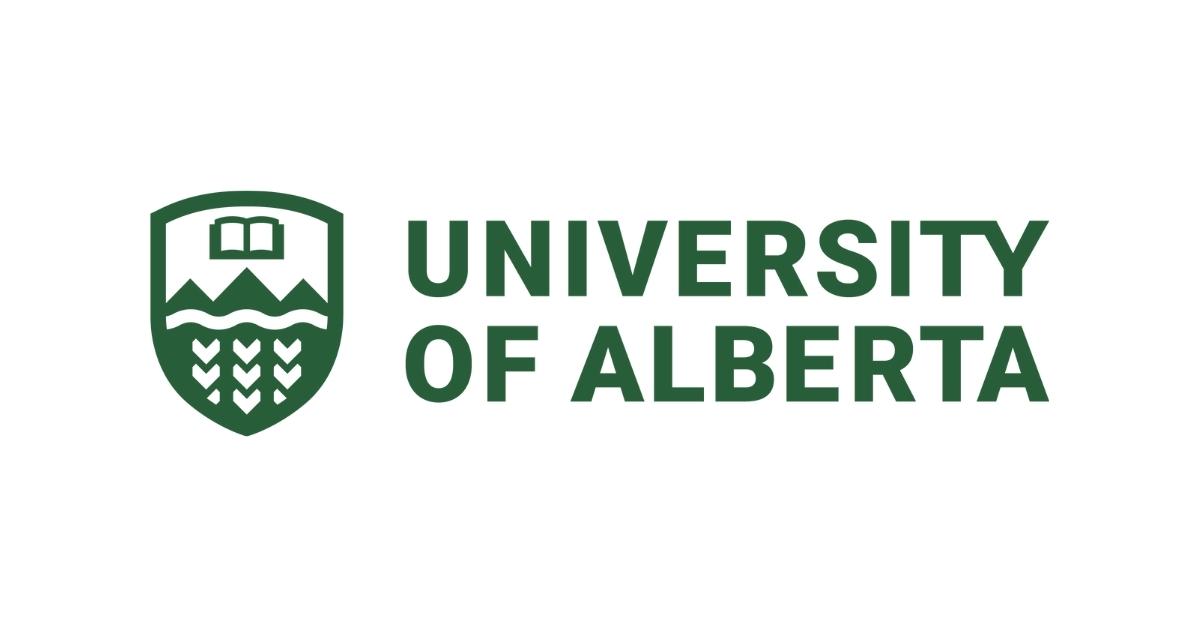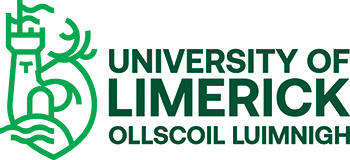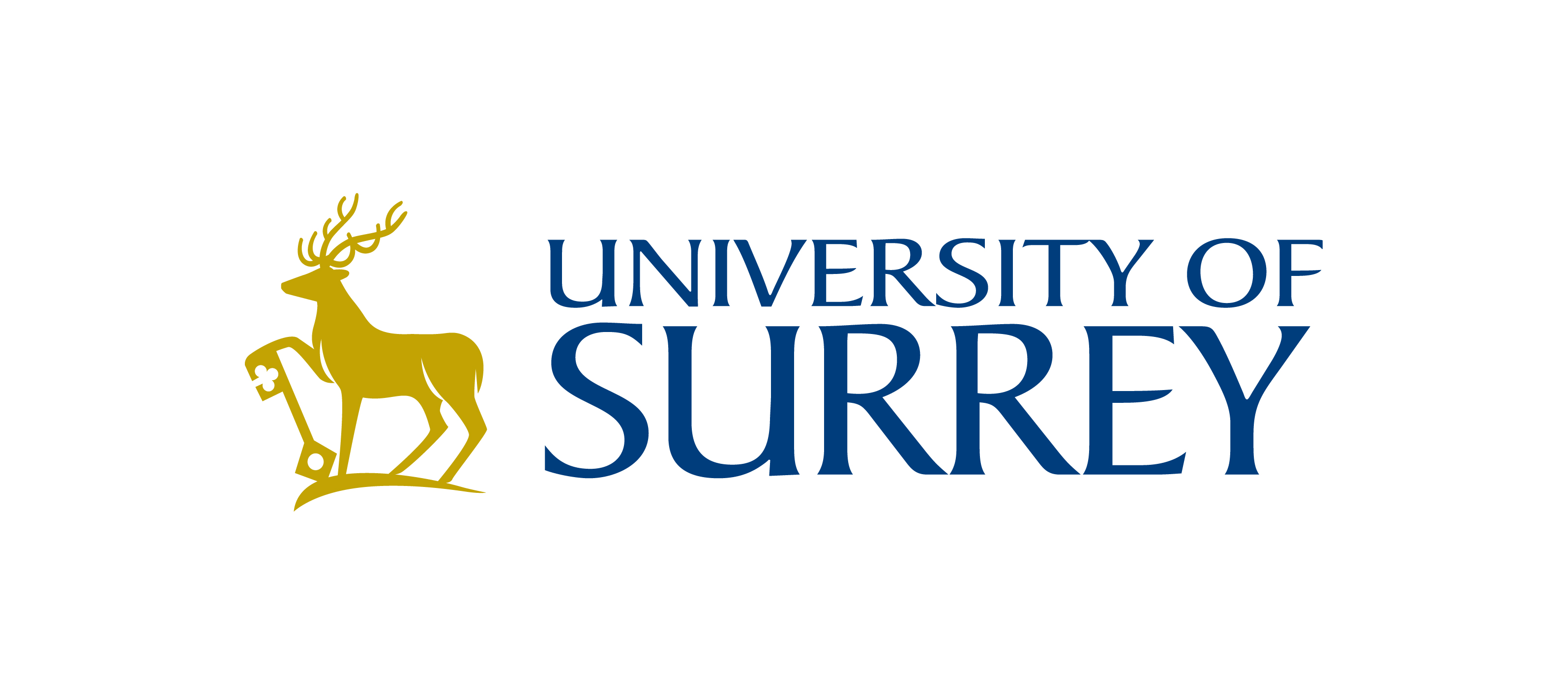Chemical Engineering: Pioneering Innovation for a Sustainable Future
Are you an Indian student passionate about science and technology, dreaming of shaping the world through innovative solutions? Chemical Engineering might be the perfect field for you. This dynamic discipline combines chemistry, physics, biology, and mathematics to design processes that transform raw materials into valuable products. From developing life-saving pharmaceuticals to creating eco-friendly fuels, chemical engineers are at the forefront of global challenges like climate change and resource scarcity.
For Indian students, studying Chemical Engineering abroad opens doors to world-class education, cutting-edge research, and lucrative career paths. With India's booming chemical industry—valued at over $178 billion and growing—gaining international expertise can propel you to leadership roles back home or abroad. Whether you're aiming for sustainable energy solutions or advanced materials, this course equips you with the skills to make a real impact.
What is Chemical Engineering?
Chemical Engineering is the branch of engineering that applies physical sciences to develop and optimize chemical processes. It focuses on large-scale production, ensuring safety, efficiency, and environmental compliance. Unlike pure chemistry, which deals with lab-scale reactions, chemical engineering scales these up to industrial levels.
Key areas include:
- Process Design: Creating blueprints for manufacturing plants.
- Thermodynamics and Fluid Mechanics: Understanding energy transfer and material flow.
- Reaction Engineering: Optimizing chemical reactions for maximum yield.
- Biochemical Engineering: Applying principles to biological systems, like drug production.
- Environmental Engineering: Developing pollution control and waste management technologies.
In today's world, chemical engineers are vital in sectors like renewable energy, where they innovate biofuels and hydrogen production, addressing India's push towards net-zero emissions by 2070.
Why Study Chemical Engineering Abroad as an Indian Student?
India produces thousands of chemical engineering graduates annually, but studying abroad offers unparalleled advantages. Top global universities provide access to state-of-the-art labs, industry collaborations, and diverse perspectives that enhance problem-solving skills. For Indian students, this exposure bridges the gap between theoretical knowledge and practical application, making you more competitive in the global job market.
Benefits include:
- Advanced Research Opportunities: Work on projects funded by international bodies like the UN or EU, focusing on sustainable development—relevant to India's environmental goals.
- Global Network: Connect with peers and professors from around the world, fostering collaborations that can lead to startups or jobs in multinational companies.
- Cultural Immersion: Adapt to new environments, building resilience and soft skills valued by Indian recruiters.
- Higher Employability: Degrees from abroad often command 20-30% higher salaries in India, with alumni from IITs and foreign unis leading firms like Reliance Industries.
Moreover, countries like the USA, UK, Canada, and Australia offer post-study work visas, allowing you to gain experience before returning or staying abroad.
Top Universities for Chemical Engineering Abroad
Choosing the right university is crucial. Here's a curated list of top institutions popular among Indian students, based on QS World University Rankings 2023 for Chemical Engineering:
| University | Country | Key Highlights | Tuition (INR approx. per year) | Indian Student Community |
|---|---|---|---|---|
| Massachusetts Institute of Technology (MIT) | USA | World-leading research in nanotechnology; strong ties with industries like ExxonMobil. | 35-40 lakhs | Large; dedicated Indian student associations. |
| University of Cambridge | UK | Focus on sustainable processes; historic labs with modern facilities. | 25-30 lakhs | Thriving; events like Diwali celebrations. |
| University of Toronto | Canada | Emphasis on green chemistry; co-op programs for paid internships. | 20-25 lakhs | One of the largest Indian diasporas. |
| Imperial College London | UK | Specialization in petrochemicals; partnerships with Shell and BP. | 28-32 lakhs | Active Indian society with career workshops. |
| University of Melbourne | Australia | Biotech focus; research in water purification for arid regions. | 22-27 lakhs | Growing community; scholarships for South Asians. |
These universities rank highly for employability, with graduates securing roles at top firms. Indian students often benefit from alumni networks, like those from IIT who pave the way.
Admission Requirements for Indian Students
Gaining admission requires preparation, but it's achievable with strong academics. Most programs are at bachelor's (BEng/BSc) or master's (MEng/MSc) levels, lasting 3-4 years for undergrad and 1-2 years for postgrad.
Essential requirements:
- Academic Qualifications: For undergrad, 10+2 with Physics, Chemistry, Math (PCM) and at least 75-85% from CBSE/ICSE. For master's, a BTech/BE in Chemical Engineering or related field with 60-70% GPA.
- Standardized Tests:
- SAT/ACT for undergrad (USA/Australia).
- GRE for master's (most countries).
- IELTS/TOEFL: 6.5-7.0 overall for English proficiency.
- Documents: Statement of Purpose (SOP) highlighting your interest in Chemical Engineering and why abroad; Letters of Recommendation (LORs) from teachers; Resume/CV.
- Entrance Exams (Country-Specific): JEE Advanced scores may help for some, but international unis prioritize holistic profiles.
Application deadlines are typically December-January for fall intake. Start early—secure transcripts and visas (F-1 for USA, Tier 4 for UK) well in advance.
Course Structure and Curriculum
A typical Chemical Engineering program is rigorous, blending theory, labs, and projects. Here's an overview of a 4-year bachelor's curriculum:
- Year 1: Foundations: Calculus, General Chemistry, Physics, Introduction to Engineering.
- Year 2: Core Concepts: Organic Chemistry, Thermodynamics, Fluid Mechanics, Material Balances.
- Year 3: Advanced Topics: Heat Transfer, Reaction Kinetics, Process Control, Lab Experiments.
- Year 4: Specialization and Capstone: Electives in Nanotechnology, Biotechnology, or Energy Systems; Final-year project on real-world problems like biofuel production.
Master's programs dive deeper, often including a thesis on topics like carbon capture—crucial for India's industrial emissions. Expect 20-30 hours of lectures weekly, plus group work and internships.
Hands-on learning is emphasized: simulate processes using software like Aspen Plus, and conduct experiments in pilot plants. For Indian students, this practical edge contrasts with traditional rote learning, preparing you for innovative roles.
Skills Gained and Career Opportunities
Graduating with a Chemical Engineering degree hones technical and transferable skills:
- Analytical Thinking: Solving complex problems in process optimization.
- Project Management: Leading teams in R&D projects.
- Sustainability Expertise: Designing green processes to meet global standards.
- Communication: Presenting findings to stakeholders, vital in multicultural teams.
Career prospects are bright. In India, the sector employs over 1 million, with demand surging in petrochemicals and pharma. Abroad, opportunities abound in oil & gas, food processing, and renewables.
Popular roles and salaries (entry-level, approx. in INR):
| Job Role | Industry | Average Starting Salary (India) | Average Starting Salary (Abroad) |
|---|---|---|---|
| Process Engineer | Oil & Gas | 6-8 lakhs | 50-70 lakhs (USA) |
| Research Scientist | Pharmaceuticals | 7-9 lakhs | 45-65 lakhs (UK) |
| Environmental Consultant | Sustainability | 5-7 lakhs | 40-60 lakhs (Canada) |
| Product Development Engineer | Chemicals | 6-10 lakhs | 55-75 lakhs (Australia) |
Top employers for Indian alumni: ONGC, Tata Chemicals, BASF, and global giants like Dow Chemical. With experience, salaries can exceed 20 lakhs in India or $100,000 abroad.
Scholarships and Funding Options
Studying abroad can be costly, but scholarships ease the burden for meritorious Indian students. Key options:
- Fulbright-Nehru Scholarship (USA): Covers tuition and living for master's; targets future leaders.
- Chevening Scholarships (UK): Fully funded for postgrad; emphasizes diversity.
- Vanier Canada Graduate Scholarships: CAD 50,000/year for research-focused students.
- Endeavour Scholarships (Australia): Up to AUD 272,500 for undergrad/postgrad.
- University-Specific: MIT's need-based aid; Imperial's bursaries for international students.
Additionally, Indian government schemes like JN Nehru Memorial Fund or education loans from SBI at low interest (8-10%) make it feasible. Aim for scholarships by maintaining a strong GPA and extracurriculars.
Embark on Your Chemical Engineering Journey
Chemical Engineering abroad isn't just a degree—it's a gateway to innovation, sustainability, and global impact. For Indian students, it aligns perfectly with national priorities like 'Make in India' and clean energy transitions. With dedication, you can return as an expert, contributing to India's growth while enjoying international exposure.
Ready to apply? Explore our study abroad resources, connect with counselors, and take the first step towards a brighter future. Your engineering legacy starts here!












